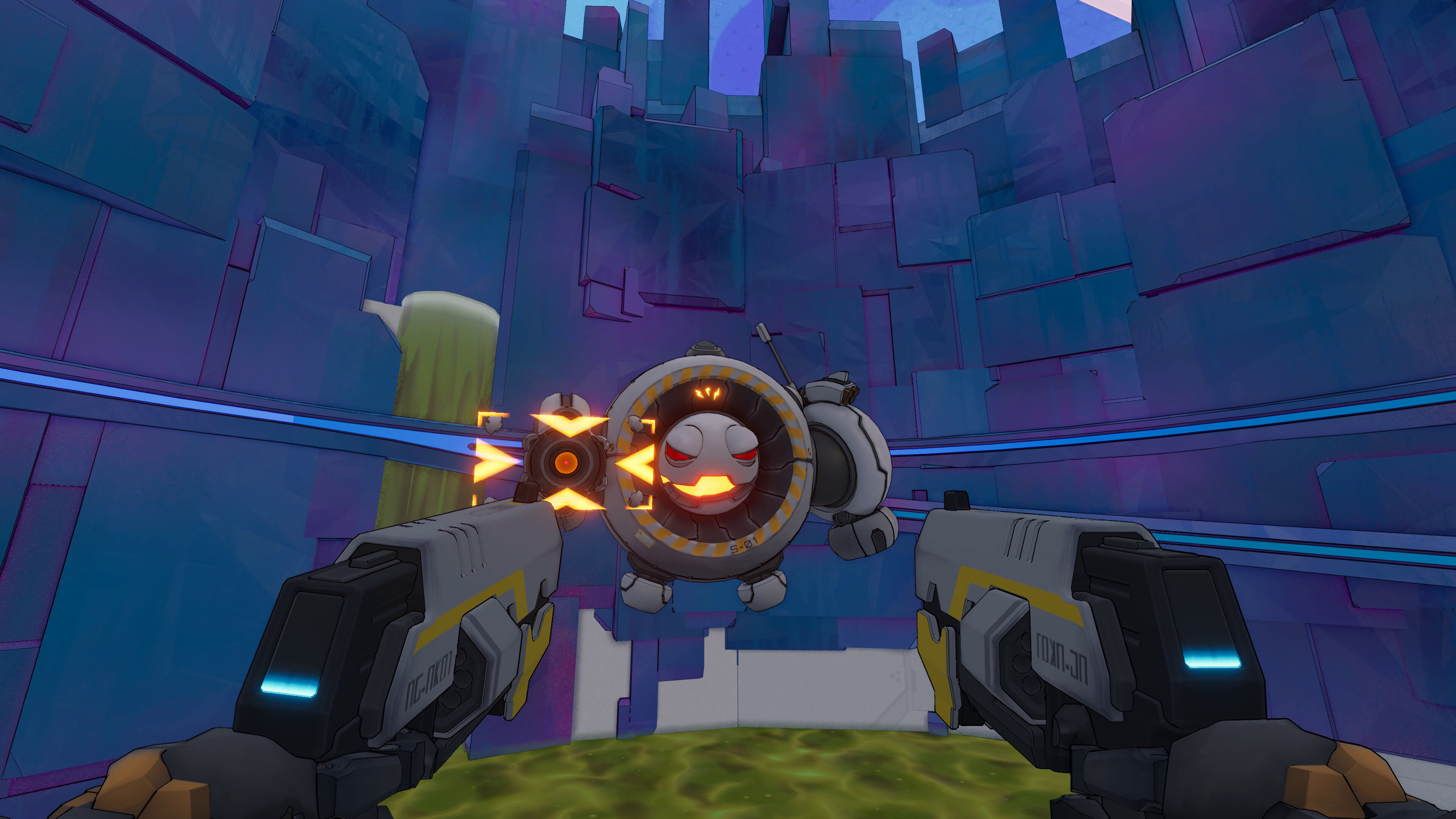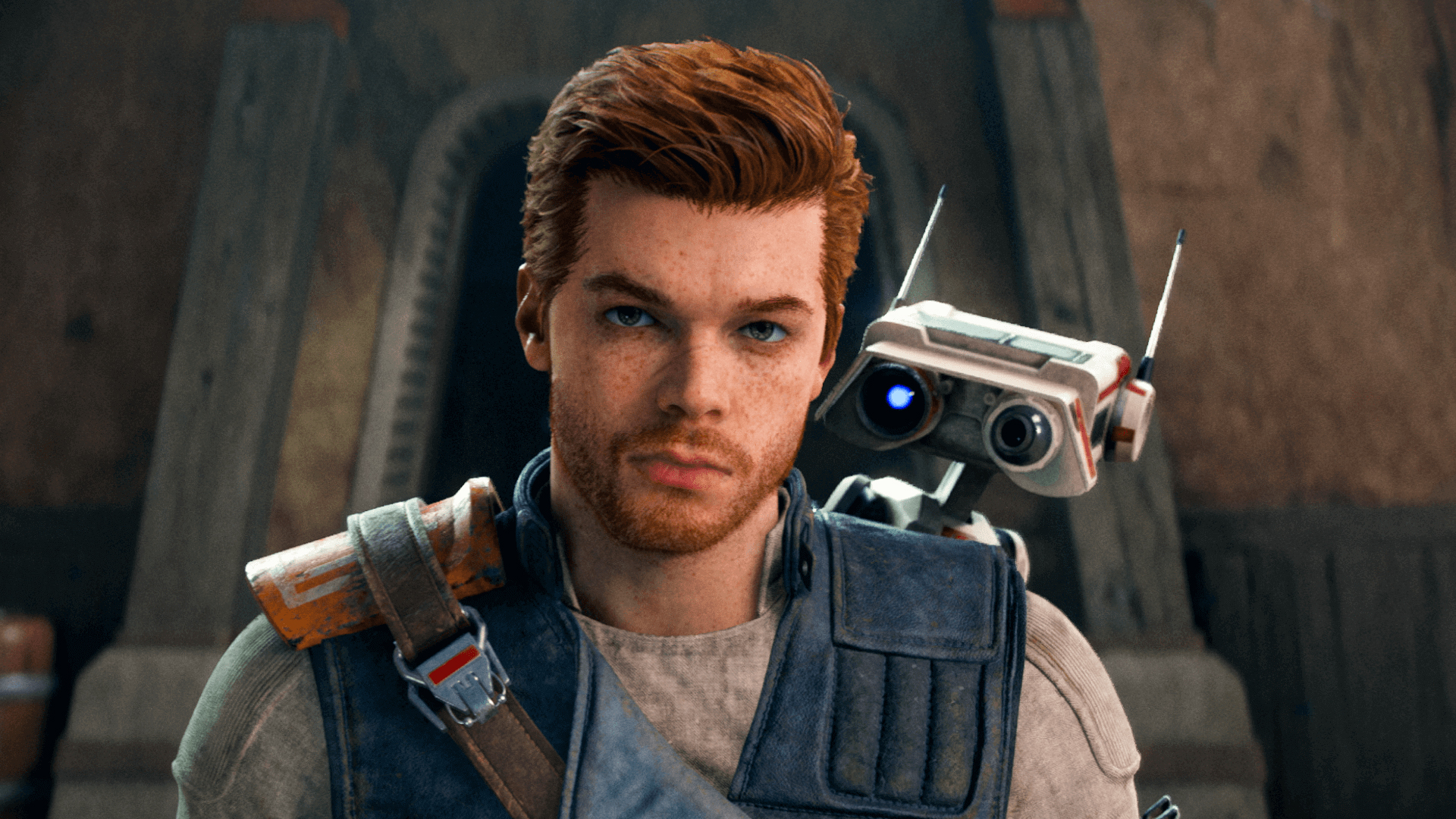
Valve has come under fire for the way that the Russian-language broadcast for TI 2022 has been set up. NAVI and other teams will share their concerns with the developer.
The on-air team for TI 2022, the biggest tournament on the Dota 2 esports calendar, has been a hot topic ever since it became clear that the talent would be working from Oslo and not on site in Singapore, where the event will take place.
But the criticism reached a crescendo on September 29 following the announcement of the on-air team for the event, with Dota 2 caster and analyst Kyle Freedman joining the chorus of people questioning some of the broadcasting decisions.
In a blog post, he noted that the number of Ukrainian casters and analysts on the Russian-language broadcast had been reduced from 13 to seven when compared to TI 2021; the number of Russian talent, on the other hand, had been bumped from 14 to 37.
And while the English-language team will be working remotely from Norway, the Russian-language team will operate out of Kazakhstan. This, Kyle suspects, was motivated by Norway’s decision to suspend its visa agreement with Russia because of the war in Ukraine.
“It’s my understanding that Russia is the aggressor in the current war in Ukraine,” Kyle wrote. “I believe they’ve also been documented committing numerous war crimes throughout the conflict, assuming we accept the United Nations as an unbiased party.
“It seems odd to change the location to specifically accommodate citizens of the aggressing nation.”
Kyle also expressed his bewilderment that Valve sold the Russian broadcasting rights to TI 2022 to BetBoom, a Russian betting company, in a deal reportedly worth $1.9 million, according to Cybersport.ru.
All this has left the Ukrainian talent with two choices: boycott the event or travel to Kazakhstan to work alongside Russian casters, one of whom has allegedly been spotted drawing pro-war symbols on stream.
“Under the current circumstances, shouldn’t we optimize logistics and safety considerations for Ukrainians?” he asked.
Another major point of contention surrounding the talent announcement is the fact that voice lines are a much rarer commodity now. To support the casters and analysts working at TI 2022, Valve has released talent capsules with autograph stickers that can include voice lines.
But only the gold and holo versions of the talent stickers come with voice lines, which makes these items much harder to get. It is possible to purchase voice lines from other Steam users through the market, but the talent won’t get a cut of the proceeds this way.
Kyle estimates that there is just a 3.85 percent chance of getting one of these two sticker versions. And since there are 46 members on the Russian-language broadcast, the odds of getting one specific person’s voice line are less than 0.1 percent.
“This also means that all money spent on Russian caster sticker capsules will be distributed to all casters, including those that are pro-war,” he said. “There’s no way for me to support an individual Ukrainian caster directly.
“My choices are: support my favorite Ukrainian caster, whilst also supporting all of the Russian casters (the money is split evenly across all talent, so the Russian talent collectively receive $37 for every $1 our favorite Ukrainian earns). Or I don’t support them at all, and buy their sticker/voiceline via the Steam Marketplace, where only Valve takes a cut.
“I also wonder — were all of the talent made aware that their IP would not be directly purchasable, but instead would be locked behind lootboxes? This is a significant change from last year.”
NAVI CEO weighs in
On Twitter, NAVI CEO Yevhen Zolotarov said that his organization and a few others will reach out to Valve and PGL to “address the issue of the Russian studio”.
“Unfortunately, unlike in CS:GO, there is not a strong alliance of organizations in Dota,” the NAVI CEO said. “But there are already several of us, and we will definitely try.”
The talent announcement only adds to the tension between the Russian and the Ukrainian esports communities. Earlier this month, it was announced that Outsiders would be able to compete under Virtus.pro’s banner after months of playing under the organization-less name – a decision that has drawn fierce criticism from Ukrainians.
New Virtus.pro CEO told Dexerto in an exclusive interview that Valve had approved the name change. “The renaming was the result of our negotiations with Valve and PGL, which approved our attendance under the Virtus.pro tag,” Aram Karamanukyan said.
TI 2022 will begin on October 8 with the last-chance qualifier, where both NAVI and Virtus.pro will be in attendance. The top two sides will progress to the main event, which will run between October 15 and 30.






